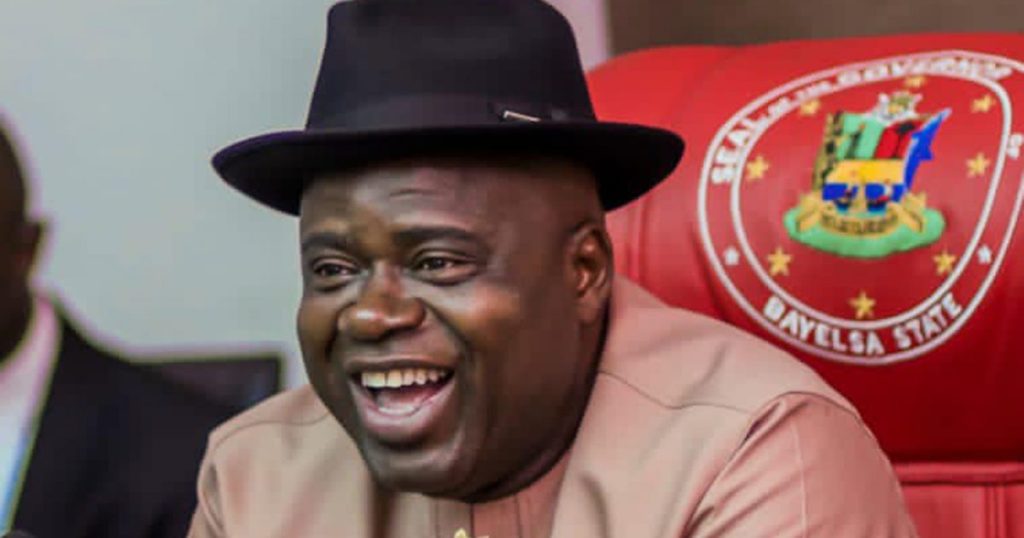Bayelsa State has formally requested the creation of 25 new local government areas (LGAs), increasing the current number from eight to 33. This request, presented by the Attorney General and Commissioner for Justice, Mr. Biriyai Dambo (SAN), during a House of Representatives public hearing on constitutional review, is predicated on the argument that the existing eight LGAs are overburdened, with some encompassing over 150 communities. Dambo asserted that Bayelsa possesses the requisite administrative framework and financial resources to effectively manage and fund the proposed LGAs. The hearing, which brought together stakeholders from Bayelsa, Delta, and Edo states, constituted the South-South Centre A zonal consultation on the ongoing constitutional amendment process.
Beyond the creation of new LGAs, Bayelsa’s submissions advocated for comprehensive constitutional reforms. These encompass a review of the local government system, ensuring local government autonomy, and reforming both the exclusive and concurrent legislative lists. The state also called for electoral reforms aimed at bolstering the credibility of the Independent National Electoral Commission (INEC) and judicial reforms to enhance the efficiency and fairness of justice delivery. Underlying these proposed changes is Bayelsa’s commitment to a restructured federation grounded in fiscal federalism. The state proposed that federating units should have full control over natural resources within their boundaries, both onshore and offshore, remitting 40% of generated revenue to the Federal Government and retaining the remaining 60%.
The issue of security also featured prominently in Bayelsa’s submissions. The state reiterated its support for the establishment of state police, arguing that Nigeria is ready for decentralized policing, a principle aligned with true federalism. The establishment of state police forces, according to Bayelsa, would empower states to combat crime and provide more effective security measures tailored to their specific needs. This call for state police is viewed as a crucial step towards realizing a more robust and responsive security architecture within the framework of a truly federal system.
Governor Douye Diri of Bayelsa State emphasized the timeliness of the constitutional review, highlighting its potential to align the nation’s legal framework with the prevailing realities and expectations of its citizens. He reiterated Bayelsa’s commitment to a genuinely federal system that promotes justice, equity, responsiveness, and holistic development, not just for the state or the Niger Delta region, but for the entire Nigerian federation. Governor Diri underscored the need to address historical injustices, particularly regarding the inequitable allocation of resources and the disparities in the creation and distribution of LGAs. This, he argued, is essential for forging a more balanced and harmonious federation.
Representatives from Delta and Edo states also voiced their support for the constitutional review process. Delta State Governor, Sheriff Oborevwori, represented by his deputy, Sir Monday Onyeme, and Edo State Governor, Monday Okpebholo, represented by Attorney General Mr. Samson Osagie, acknowledged the need to address flaws and gaps in the current 1999 Constitution, describing it as a “very controversial document” requiring urgent overhaul. Their participation demonstrated a shared commitment to a more robust and representative constitutional framework.
Professor Julius Ihonvbere, Chairman of the South-South Centre A and Majority Leader of the House of Representatives, presided over the public hearing, assuring attendees that all proposals would undergo thorough scrutiny by the Constitution Review Committee before presentation to the House. He emphasized that the stakeholder engagement is crucial for fostering a more inclusive democratic governance in Nigeria. The hearing enjoyed a significant turnout, with prominent figures in attendance, including Dr. Gloria Diri, wife of the Bayelsa governor; Senator Lawrence Ewhrudjakpo, the deputy governor; and members of the House of Representatives from Bayelsa, Delta, and Edo states. Traditional rulers, speakers of state Houses of Assembly, and other dignitaries also participated, underscoring the importance of the constitutional review process and the wide-ranging interest it has generated. This broad participation reflects the collective desire for a constitution that truly serves the needs of all Nigerians and strengthens the foundations of the nation’s democracy.


